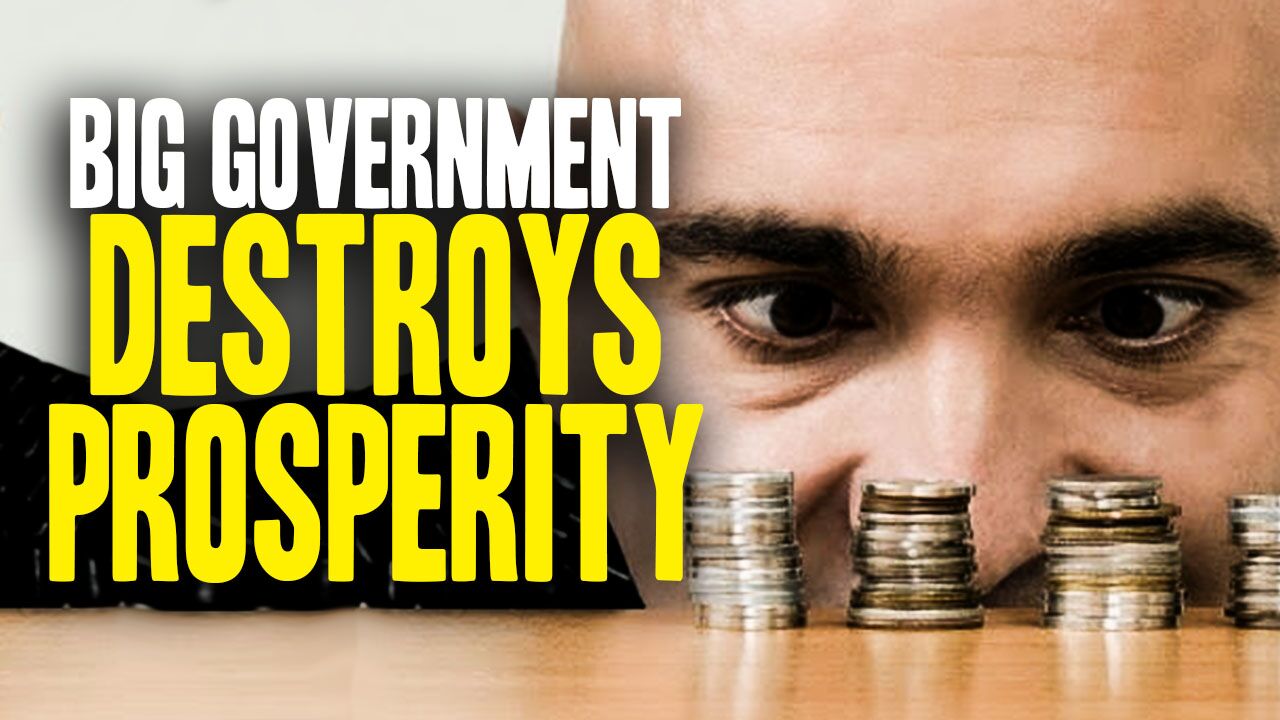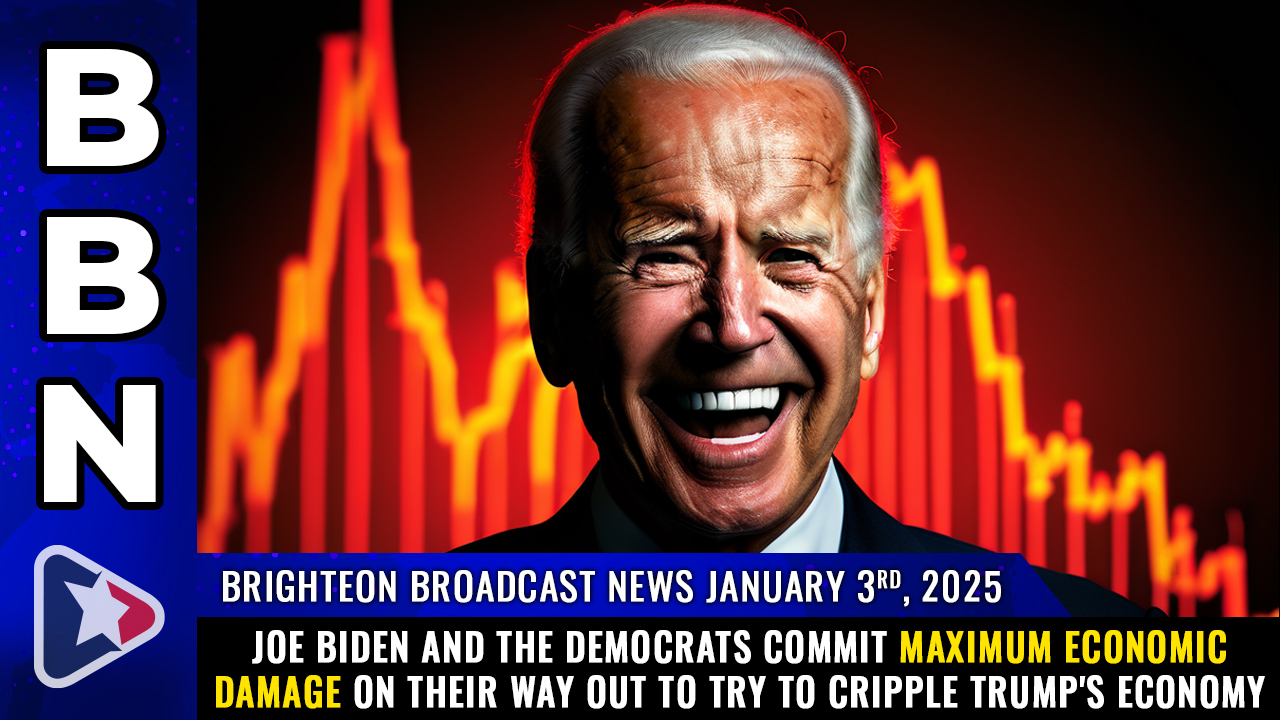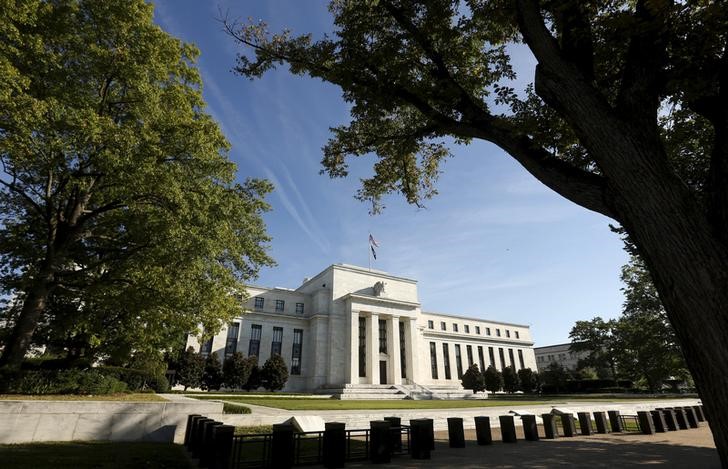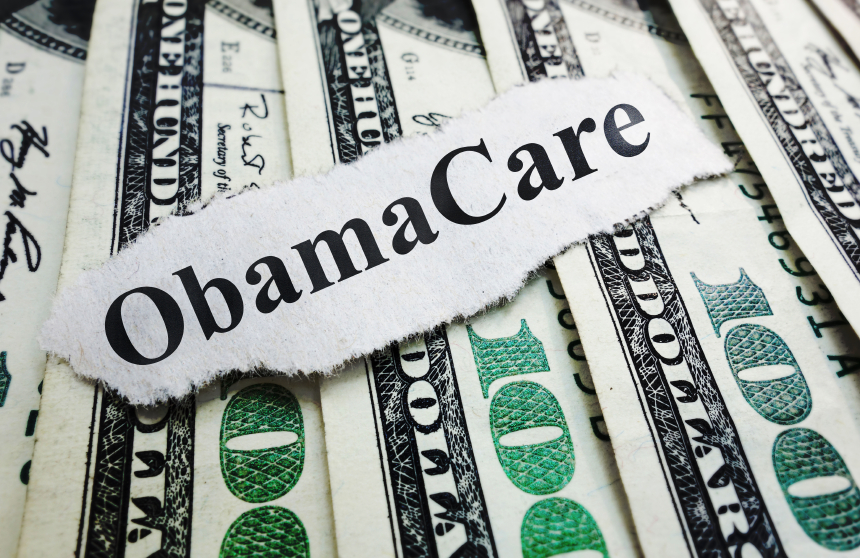The average government employee DESTROYS 138 JOBS every calendar year
01/04/2025 / By Lance D Johnson

- Excessive regulations cost the U.S. economy $11 million and destroy 138 private sector jobs per regulator annually.
- The Federal Register hit a record 97,110 pages in 2016, showcasing the unchecked growth of bureaucratic red tape.
- A 10% cut in the regulatory budget could generate $1.2 trillion in GDP and create 3 million jobs annually.
- Nearly 95 million Americans are out of the workforce, with labor participation rates plummeting to historic lows.
- President Trump’s de regulatory efforts, including a 75% cut promise, face significant hurdles from entrenched bureaucratic interests.
Bloated, inefficient federal government is stifling the American dream
The American Dream is under siege, not by foreign adversaries or economic downturns, but by the very institution meant to protect it: the federal government. Excessive regulation has become a silent killer of innovation, entrepreneurship, and job creation, weighing heavily on the U.S. economy and pushing millions of Americans into poverty.
The numbers are staggering. Each federal regulator costs the economy $11 million annually and destroys 138 private sector jobs. With nearly 300,000 regulators employed by the government, the cumulative impact is catastrophic. The Federal Register, a measure of regulatory activity, reached a record 97,110 pages in 2016, a testament to the unchecked growth of bureaucratic red tape. This regulatory tsunami has stifled economic growth, with GDP averaging a meager 1.4% over the past decade.
The human cost is even more alarming. Nearly 95 million Americans are out of the workforce, a staggering increase of 7 million since 2008. While the unemployment rate sits at 4.6%, this figure masks the reality of a plummeting labor participation rate, now at just under 63%. Real wages remain stagnant, and millions of families are struggling to make ends meet.
President Obama acknowledged the problem in 2010, admitting that federal regulations “have stifled innovation and have had a chilling effect on growth and jobs.” Yet, his administration added tens of thousands of new regulations across sectors like healthcare, finance, and the environment. The result? A bloated regulatory state that continues to suffocate the economy.
How will the Trump Administration take on bureaucracy in his second term?
President Trump has made deregulation a cornerstone of his economic policy, promising to cut regulations by 75%. Early actions, such as freezing new regulations and requiring agencies to eliminate two existing rules for every new one, are steps in the right direction. However, entrenched bureaucratic interests and the slow, cumbersome nature of the regulatory process pose significant challenges.
Research from the Phoenix Center underscores the urgent need for reform. A 10% reduction in the regulatory budget—approximately 5.6 billion—could generate 1.2 trillion in GDP and create 3 million jobs annually. Even a modest 5% cut would add $611 billion to the economy and 1.5 million jobs over five years. These findings confirm what most Americans already know: reducing the size of the regulatory state is essential for economic growth and job creation.
The regulatory burden is particularly devastating for small businesses, which lack the resources to navigate complex rules. From environmental mandates to labor regulations, the cost of compliance often forces businesses to downsize, relocate, or shut down entirely. This not only stifles innovation but also exacerbates income inequality, as opportunities for upward mobility vanish.
As Congress and the Trump Administration grapple with how to revive the economy, cutting the regulatory budget must be a top priority. Every dollar saved in regulatory spending translates to $45 in GDP growth, a return on investment that no other policy can match.
While politicians routinely brag about “creating jobs” – the facts tell a different story. Federal employees hinder free market economic principles and stifle entrepreneurship, getting in the way of economic development and DESTROYING jobs. To make matters worse, over the past four years, we’ve learned that government employees now believe they have the power to deem some businesses “essential” and others “nonessential” and threaten to shut businesses down or lock them down indefinitely, forcing people into bankruptcy or government dependence.
For the latest on Big Government waste, check out BigGovernment.news.
Sources include:
Submit a correction >>
Tagged Under:
big government, bubble, business downsizing, collapse, economic riot, entrepreneurship, environmental regulations, finance riot, free market, GDP growth, job creation, job destruction, labor regulations, lockdowns, market crash, money supply, prosperity, regulatory environment, risk
This article may contain statements that reflect the opinion of the author
RECENT NEWS & ARTICLES
COPYRIGHT © 2022 FinanceRiot.com
All content posted on this site is protected under Free Speech. FinanceRiot.com is not responsible for content written by contributing authors. The information on this site is provided for educational and entertainment purposes only. It is not intended as a substitute for professional advice of any kind. FinanceRiot.com assumes no responsibility for the use or misuse of this material. All trademarks, registered trademarks and service marks mentioned on this site are the property of their respective owners.




















